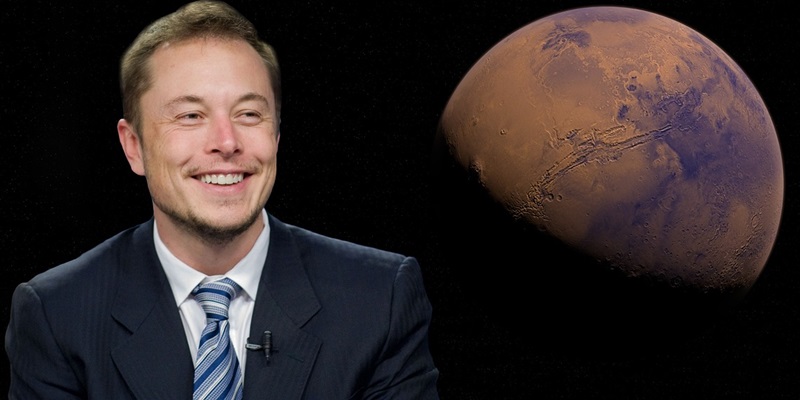In a move that has sent ripples through the tech industry, Elon Musk has announced the development of what he terms the “gigafactory of compute.” Building on his track record of disruptive ventures, Musk’s latest project aims to give his artificial intelligence startup, xAI, a substantial edge over the competition. The proposed supercomputer is expected to be a powerhouse, eclipsing current GPU clusters by a multiple of four and operating with a staggering 100,000 Nvidia chips. With the ambitious goal of becoming operational by the fall of 2025, Musk is mimicking the rapid strides made in the AI sector, following in the footsteps of giants like OpenAI’s ChatGPT, introduced in 2022.
At the heart of xAI’s roadmap is a chatbot named Grok, which will integrate with Musk’s social media platform for real-time data applicability. This move is a significant pivot away from Musk’s previous disassociation with OpenAI, which culminated in a lawsuit earlier this year, despite OpenAI’s dismissal of Musk’s claims. The primary goal of Musk’s colossal undertaking with the gigafactory is to redefine AI research and development – a monumental ambition that could further fuel the vigorous competition in tech between industry behemoths such as Microsoft, Google, and Meta.
Amidst a Thriving AI Landscape
The technology landscape is laden with developments that pivot around advancements in AI and computing power. In a notable stride within the IoT sector, WiMi Hologram Cloud has unveiled a blockchain-based data protection system, setting new standards for security. The startup arena is exhibiting robust health with significant events such as CoverSure’s impressive fundraising and the kickoff of an electric motor plant in India by an Israeli company. These stories encapsulate the vigor of a global startup ecosystem that is increasingly emboldened by technological innovation.
The Growth Narrative of a Tech-Driven Era
Elon Musk is stirring the tech industry with his announcement of the “gigafactory of compute,” a leap forward for his AI venture, xAI. This supercomputer aims to quadruple current GPU clusters and features an impressive array of 100,000 Nvidia chips. Targeting a launch by the fall of 2025, Musk shadows the strides of AI pioneers like OpenAI’s ChatGPT, introduced back in 2022.
At its core, xAI plans to introduce Grok, a chatbot designed to synchronize with Musk’s social media platform, ensuring data is utilized in real time. This marks a notable shift from Musk’s past distancing from OpenAI and a lawsuit that happened earlier this year, with OpenAI rebutting Musk’s assertions. Musk’s gigafactory represents a bold move to transform AI research, potentially intensifying the competition with tech giants like Microsoft, Google, and Meta to dominate the field. Musk is channeling his known disruptive energy into the AI race, daring to redefine the future of AI and spurring on the competitive spirit among the leading tech companies.

